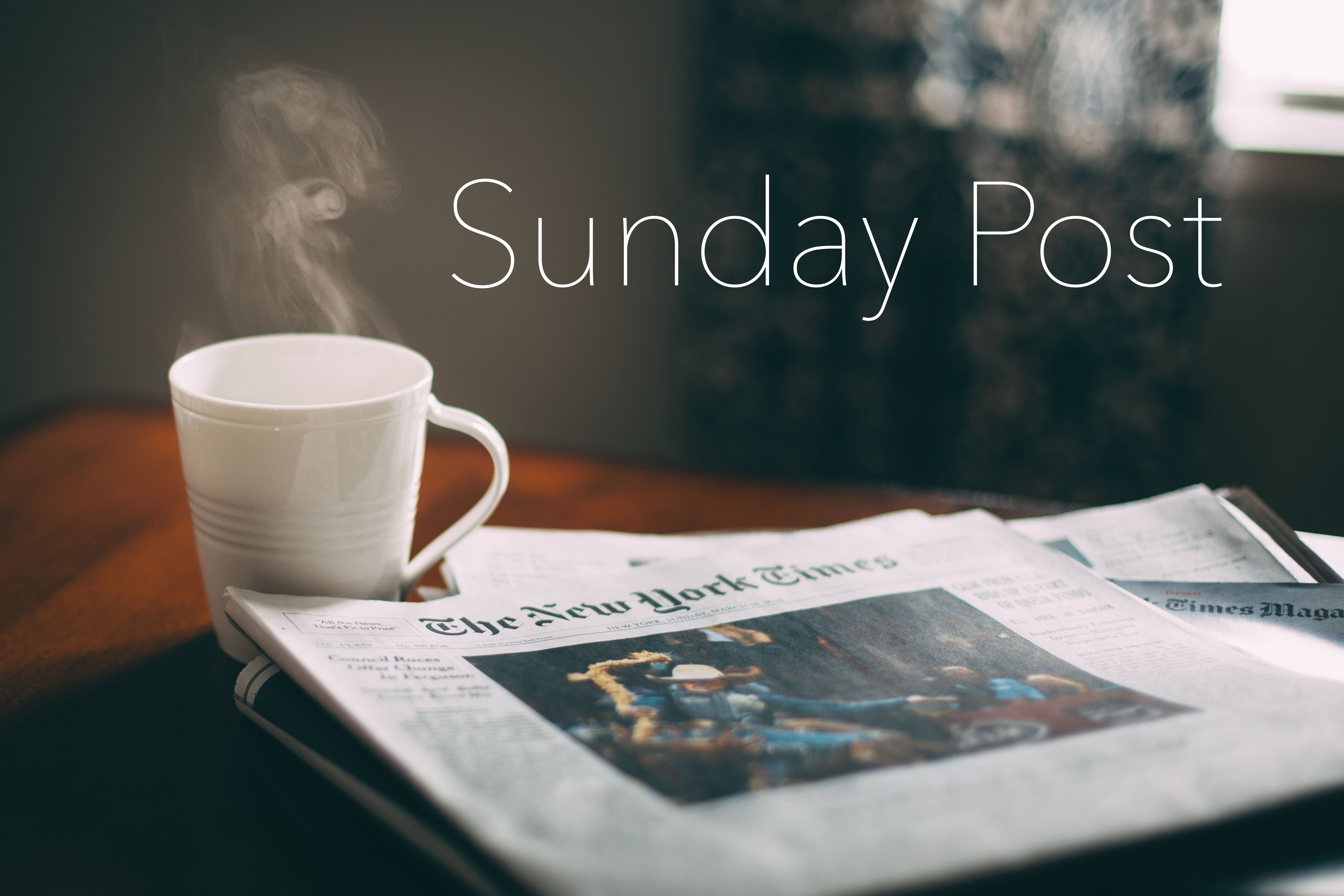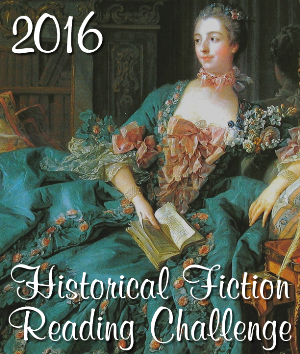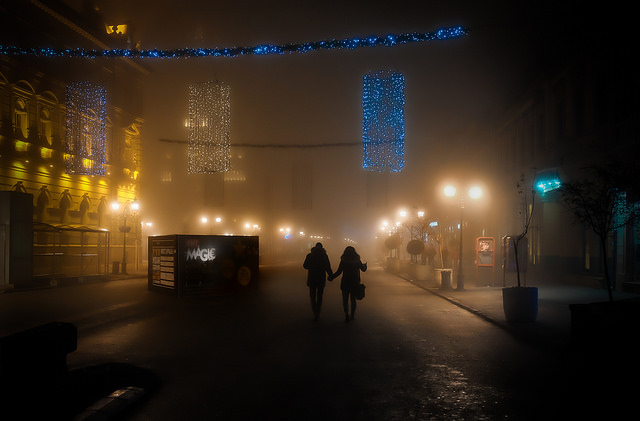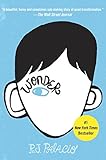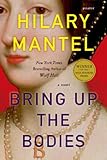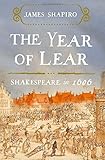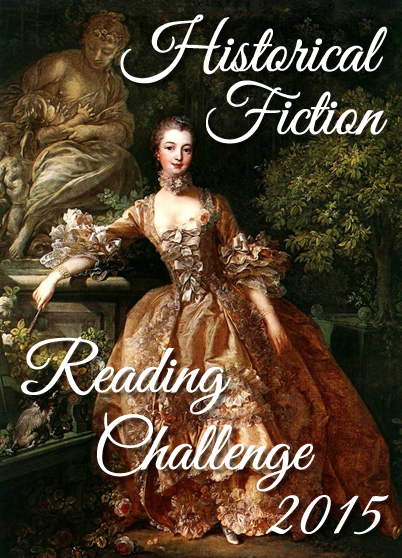 Jonathan Safran Foer’s novel Extremely Loud and Incredibly Close is the story of nine-year-old Oskar Schell, whose father Thomas died in the 9/11 attacks. One day Oskar finds a mysterious key inside an envelope inside a vase. The envelope says the word “Black” on the outside, and Oskar goes on a quest to find out what the key opens and why his father has it. Thinking the word might be the last name “Black,” Oskar does some research and determines the addresses of all the people in New York City with the surname Black. One by one, he begins visiting them to see if he can find out more about the key. He meets interesting people and leaves an imprint on all the people he touches. Interspersed throughout Oskar’s story is the story of his grandparents and their strange, fraught relationship.
Jonathan Safran Foer’s novel Extremely Loud and Incredibly Close is the story of nine-year-old Oskar Schell, whose father Thomas died in the 9/11 attacks. One day Oskar finds a mysterious key inside an envelope inside a vase. The envelope says the word “Black” on the outside, and Oskar goes on a quest to find out what the key opens and why his father has it. Thinking the word might be the last name “Black,” Oskar does some research and determines the addresses of all the people in New York City with the surname Black. One by one, he begins visiting them to see if he can find out more about the key. He meets interesting people and leaves an imprint on all the people he touches. Interspersed throughout Oskar’s story is the story of his grandparents and their strange, fraught relationship.
I wanted to like this book a little more than I did. I think Oskar, and possibly his grandfather, are supposed to be autistic, and because of my own children, I do find books about characters with autism interesting. I did like Oskar, though I found his mother strangely unconcerned about letting her son roam all over New York City. I guess you could argue she knew he was going to what he was going to do anyway, but her absence, even if you try to explain it away by pointing out she was grieving, was deeply troubling to me. Oskar’s grandfather abandoned his pregnant wife and did not know his son. One of the reasons I didn’t quite like this book were the portions dealing with Oskar’s grandfather. I found him to be a deeply unsympathetic character, even if I took into account his troubled past and the things he had dealt with. I know some people are better at dealing with grief, and for that matter life, than others, but part of what I think made his story less sympathetic was Foer’s postmodern experiments in his storyline. My least favorite, for example, were pages in which the letters seemed to bleed together, almost falling into a puddle on the bottom of the page, until the page filled up. Rather than interesting, I found these experiments deeply annoying. I found rather than being emotionally affected by Oskar’s story (and that of his grandfather), I really felt more like the story was manipulative and self-indulgent. Not to say I totally hated it. I didn’t. I can’t even say I didn’t like it. I’ll just say it was not a hit for me because of the gimmicky postmodern style. The parts I liked, I really liked, but I did find myself in the midst of a new chapter on Oskar’s grandparents and saying, “Oh, here’s one I need to slog through to get to a good one on Oskar.” I don’t want to feel like that reading a book. Because half the book was pretty good, I can’t give it one or two stars, but because about half the book wasn’t, and also because I found the ending unsatisfying, I can’t give it four or five stars either.
Rating:




I purchased this book in November, but it’s been on my TBR list for a while. I’m counting it toward both the Shelf Love Challenge and the Mount TBR Challenge.


